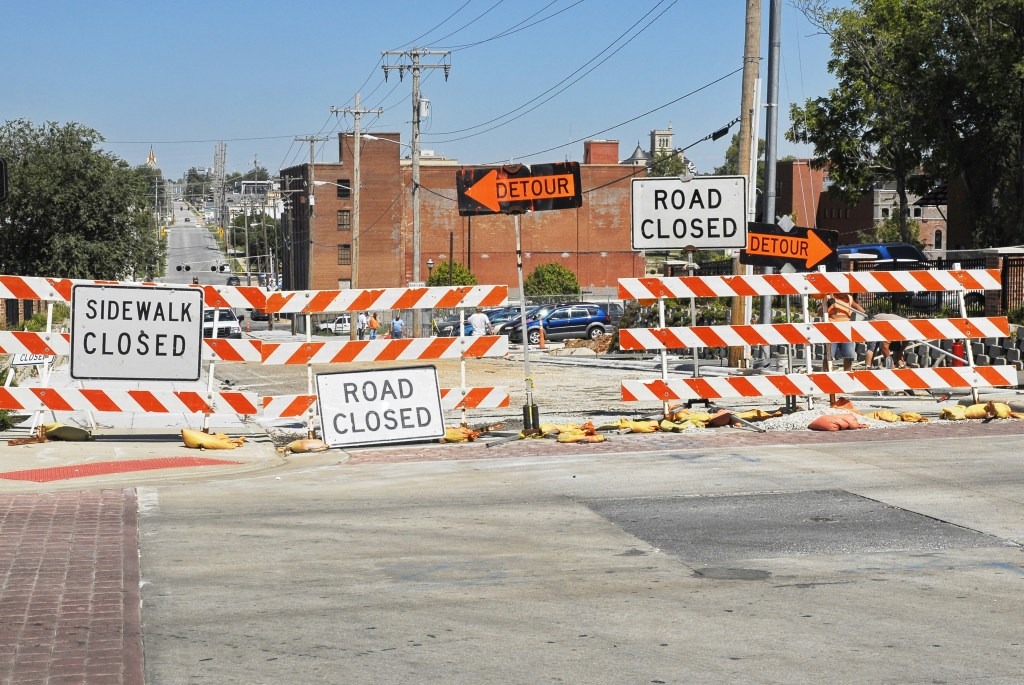
Access to file is undisputedly one of the essential rights of defense in any cartel investigation. Yet, the when and the extent to which access is granted is often controversially disputed between regulators and alleged cartelists. A recent judgment by a German court strengthens the rights of companies and criticises the established practice by the German Bundeskartellamt. Here are the key learnings and why the ruling is important.
At the beginning of 2022, the Bundeskartellamt conducted several dawn raids at various premises of a company, suspecting cartel agreements in the industry. During the dawn raid, the Bundeskartellamt copied data stored on servers outside of Germany onto hard drives for review at a later stage. Under German law, the Bundeskartellamt (only) has the power to secure documents and data in order to review them for relevance. To then further use the documents/data, the regulator then has to decide to formally confiscate them.
The company objected and inter alia requested the Local Court to order the sealing of the hard drives and the release of specified defense documents. The company also applied for access to file, which the Bundeskartellamt had originally denied. Whilst the Local Court rejected the requests, the matter went up to the Regional Court, which held that the access to file should not have been denied. The judgement should make it easier for companies to request access to file going forward already at an early stage of the investigation.
The traditional approach
Generally, the company subject to an investigation should be granted access to the file as quickly as possible. However, access can be refused on the grounds of an overriding confidentiality interest in the context of the investigation.
In practice, the Bundeskartellamt generally refused access to file immediately after a dawn raid and only allowed companies to look into the file once the regulator had concluded its investigation and was ready to issue a statement of objections – which can be years after the dawn raid. Key argument for that practice used to be that the evidence seized had to be examined first, as this examination was the basis for any further questioning and searches for suspected infringements in the case at hand. The fact that reviewing evidence could take a looong time did not change that stance.
It’s not that easy
The court now held that the Bundeskartellamt’s approach did not take the rights of the cartelists and the importance of the access to file sufficiently into account. Two aspects are in particular worth highlighting:
- First, the court ruled if the Bundeskartellamt decides to secure data but not formally confiscate it, the dawn raid / search is legally still “ongoing”. This means that the company’s rights are interfered with for the duration of the review. To comply with the legal requirement to conduct investigations swiftly (which is part of the principle of proportionality), the court found that one can expect that the Bundeskartellamt starts with the review of potential evidence “immediately” and finishes it “swiftly”.
- Second, the court clarified that the Bundeskartellamt’s interest in confidentiality is not a carte blanche for the regulator. According to the court, the Bundeskartellamt cannot state that an investigation is generally endangered when it grants access to file. More specifically, the court held that it cannot be assumed that every alleged cartelist has, on its own, the ability to hide evidence or otherwise disguise the cartel. Furthermore, the court found that it was unlikely that a file as a whole is confidential and that the Bundeskartellamt must therefore determine whether access to at least certain parts of the file should be granted.
Why this will become more important
Bundeskartellamt president Andreas Mundt recently highlighted that 2023 was the first year since the introduction of the leniency regime in which less than half of the new investigations were triggered by a leniency application. With more and more investigations being based on rather “non-traditional” evidence, an increasing number of companies could be inclined to put the legality of a dawn raid as such into question. For that, an early access to file can be essential. Without a look into the regulator’s thinking from the time prior to the dawn raid, it will be hard for companies to argue, e.g., that the evidence did not justify the dawn raid. Against this backdrop, the recent court decision should be kept in mind when regulators stop by for an early morning surprise visit.
But even where one does not intend to challenge a dawn raid in court, earlier access to file can make it easier to understand where an investigation is heading and to defend oneself against allegations. This development will be welcomed by many companies that find themselves in the midst of a cartel proceeding.
Picture by Robert Linder on Unsplash
